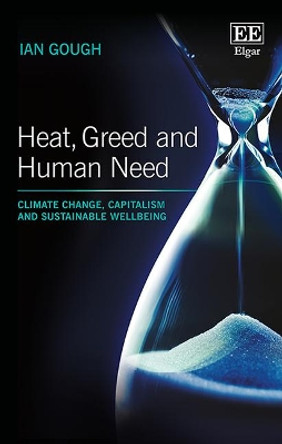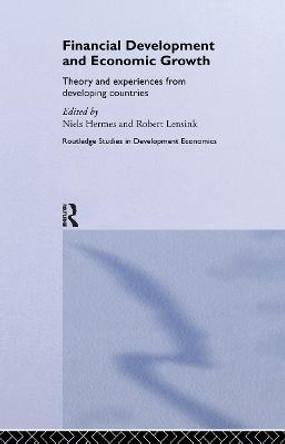In a world where many experience unprecedented levels of wellbeing, chronic poverty remains a major concern for many developing countries and the international community. Conventional frameworks for understanding development and poverty have focused on money, commodities and economic growth. This 2007 book challenges these conventional approaches and contributes to a new paradigm for development centred on human wellbeing. Poor people are not defined solely by their poverty and a wellbeing approach provides a better means of understanding how people become and stay poor. It examines three perspectives: ideas of human functioning, capabilities and needs; the analysis of livelihoods and resource use; and research on subjective wellbeing and happiness. A range of international experts from psychology, economics, anthropology, sociology, political science and development evaluate the state-of-the-art in understanding wellbeing from these perspectives. This book establishes a new strategy and methodology for researching wellbeing that can influence policy.
Establishes a new paradigm for development centred on the idea of human wellbeing.ReviewsReview of the hardback: 'This is a beautifully constructed and apposite book for those seeking hope amid today's economic crisis and who work in development from any discipline or background. It challenges the conventional wisdom of money, commodities and economic growth as our main ways of understanding development and poverty and could have as much impact on development as Lanyard has done for the relationship between happiness and wealth. It is written by those and for those seeking a more inclusive model for understanding how people in developing countries see themselves and the possibilities of change.' Patricia d'Ardenne, Chartist
Book InformationISBN 9780521180801
Author Ian GoughFormat Paperback
Page Count 424
Imprint Cambridge University PressPublisher Cambridge University Press
Weight(grams) 620g
Dimensions(mm) 229mm * 152mm * 24mm









